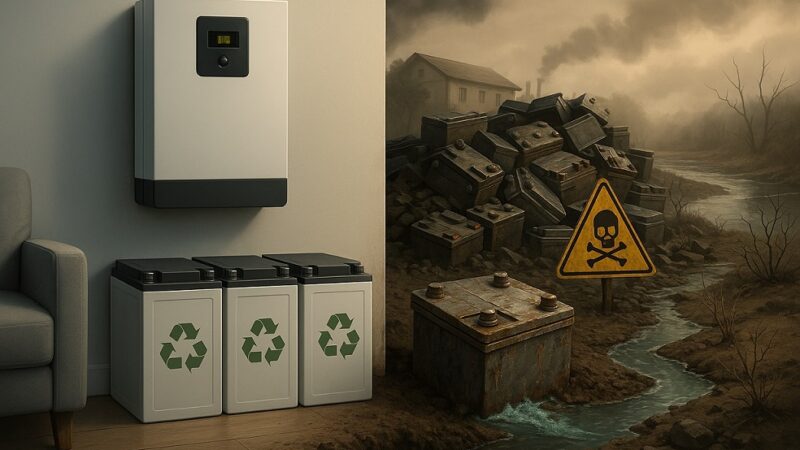How to Choose the Right Heating System for Your Home

Choosing the right heating system for your home can be a daunting task, especially with so many options available. The right system depends on factors like the size of your home, your budget, energy efficiency goals, and even your local climate. This guide will help you understand the different types of heating systems and how to select the best one for your needs.
1. Assess Your Home’s Size and Layout
The first step in choosing the right heating system is assessing the size and layout of your home. Larger homes or multi-story buildings often require more powerful systems or multiple units to ensure even heating. Smaller homes may only need a single unit, such as a furnace or heat pump.
What to consider:
- The square footage of your home
- The number of rooms and levels that need to be heated
- Any areas that may be difficult to heat (e.g., large open spaces, high ceilings)
2. Consider Your Local Climate
Your local climate plays a significant role in determining the type of heating system that will work best. If you live in a colder climate with long winters, you may need a more robust system like a furnace or boiler. On the other hand, if you live in a milder climate, a heat pump or space heater may suffice.
What to consider:
- How cold winters get in your area
- The average number of heating days per year
- Whether you need a system that can also provide cooling in summer (for example, a heat pump)
3. Understand the Different Types of Heating Systems
Here are some common heating systems and their pros and cons:
Furnaces (Forced Air)
- How it works: Furnaces heat air and circulate it through ducts.
- Pros: Fast heating, works well in large homes, can include air filtration for improved indoor air quality.
- Cons: Can be noisy, requires regular duct maintenance, and can cause uneven heating if ducts are poorly designed.
Boilers (Radiant Heat)
- How it works: Boilers heat water to produce steam or hot water, which is then circulated through pipes to radiators or underfloor heating systems.
- Pros: Very efficient, silent operation, even heating, and better air quality as it doesn’t stir up dust.
- Cons: Slower to heat up, more expensive installation, and not ideal for homes without existing radiators or pipes.
Heat Pumps (Air Source and Ground Source)
- How it works: Heat pumps transfer heat from the outside air (air-source) or the ground (ground-source) into your home.
- Pros: Energy-efficient, can both heat and cool your home, lower running costs, and environmentally friendly.
- Cons: Air-source heat pumps are less effective in extremely cold climates, and ground-source systems are expensive to install.
Space Heaters
- How it works: These portable units heat individual rooms or spaces.
- Pros: Inexpensive and convenient for small spaces or supplementing central heating.
- Cons: Not suitable for larger homes or whole-house heating, can be inefficient, and may increase energy costs if used too frequently.
4. Evaluate Energy Efficiency
Energy efficiency is one of the most important factors when selecting a heating system. An efficient system can reduce your energy bills and lower your carbon footprint. Look for systems with high Annual Fuel Utilization Efficiency (AFUE) ratings or systems that are Energy Star certified.
What to consider:
- Check the AFUE rating of furnaces and boilers (the higher the number, the more efficient the system)
- Consider the Seasonal Energy Efficiency Ratio (SEER) for heat pumps and air conditioning
- Look for tax credits or rebates available for energy-efficient systems
5. Consider the Operating Costs
Operating costs vary significantly between heating systems. While installation costs are important, the long-term costs of running the system matter just as much. Systems like heat pumps tend to have higher upfront costs but lower operating costs over time due to their efficiency.
What to consider:
- Compare the fuel types and their prices (natural gas, electricity, propane, etc.)
- Estimate your yearly energy consumption and potential savings with a more efficient system
- Account for any available rebates or incentives for energy-efficient systems
6. Think About Maintenance Requirements
Every heating system requires maintenance to run efficiently, but some systems need more frequent attention than others. Furnaces and heat pumps, for example, should be serviced annually, while boilers might only need a checkup every few years. Consider how much time and effort you’re willing to dedicate to maintaining your heating system.
What to consider:
- Boilers require less frequent maintenance than forced air systems, but they may need professional servicing for repairs.
- Forced-air systems require regular duct cleaning and filter changes.
- Heat pumps need both heating and cooling maintenance, which can increase the amount of upkeep required.
7. Budget and Upfront Costs
The cost of the heating system is an obvious factor. While the initial cost of a heating system can be high, it’s important to factor in the long-term savings on energy bills. You may also want to consider financing options or rebates that make an expensive system more affordable.
What to consider:
- Compare installation costs, including any necessary modifications (ductwork, additional insulation, etc.)
- Account for ongoing operational and maintenance costs
- Look for financing plans or rebates that make the upfront cost more manageable
8. Assess Environmental Impact
If you’re environmentally conscious, choosing an energy-efficient heating system can reduce your carbon footprint. Systems like heat pumps and high-efficiency boilers emit less CO2 and use renewable energy sources. Additionally, some systems, such as solar-assisted heating, are even more eco-friendly.
What to consider:
- Heat pumps use less energy and are more environmentally friendly than traditional systems.
- Solar-assisted systems or geothermal heating can be even more sustainable.
- Look for systems that have low emissions and qualify for green building incentives.
Conclusion
Choosing the right heating system for your home requires careful consideration of factors like climate, energy efficiency, and long-term costs. By assessing your home’s needs, understanding the different types of systems, and factoring in your budget and environmental goals, you can select a system that provides comfort, efficiency, and savings for years to come. Be sure to consult with a professional heating installer who can help guide you through the decision-making process and ensure proper installation for optimal performance.



